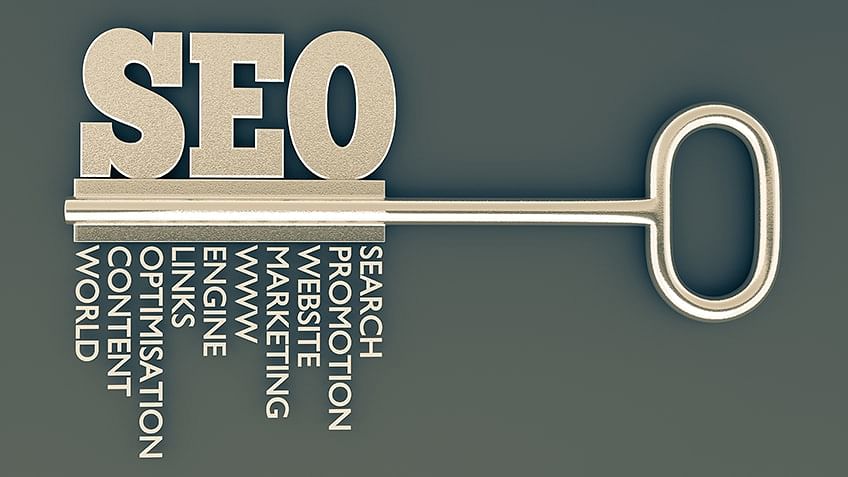Tech Versum: Explore the Future of Technology
Dive into the latest trends and innovations in technology with Tech Versum.
SEO Toolkit: Your Secret Weapon for Digital Dominance
Unlock the secrets of SEO success! Discover essential tools to elevate your digital presence and dominate the search rankings.
Understanding the Essential Tools in Your SEO Toolkit
In the realm of digital marketing, having the right SEO tools is crucial for optimizing your website and improving its visibility on search engines. Among the essential tools in your SEO toolkit, Moz offers robust features such as keyword research and backlink analysis, which can significantly enhance your SEO strategy. Similarly, Ahrefs provides valuable insights into competitor strategies, helping you identify gaps and opportunities for growth. Here are some core categories of tools you should consider:
- Keyword Research Tools
- Analytics Platforms
- Website Auditors
- Backlink Analyzers
Another critical component of an SEO toolkit is the use of analytics tools, such as Google Analytics and SEMrush. These platforms allow you to track your website's performance, monitor traffic sources, and analyze user behavior. Utilizing these insights can guide your SEO efforts and help you make data-driven decisions. As search algorithms evolve, consistently adapting your SEO strategies with the help of these tools will ensure that your content remains relevant and competitive in the digital landscape.

How to Effectively Use Your SEO Toolkit for Maximum Impact
Using your SEO toolkit effectively is essential for maximizing your online presence. Start by identifying the right tools that align with your goals; these can include keyword research platforms, audit tools, and analytics software. For instance, tools like Moz and Ahrefs are great for understanding your site's performance and discovering high-value keywords. Once you have selected your tools, it's important to regularly analyze data. This can involve tracking metrics such as organic traffic, bounce rates, and keyword rankings, which will give you insights into what’s working and what isn’t.
Another effective strategy involves integrating your findings into your content strategy. After you have identified your target keywords and analyzed the competition, create content that not only incorporates these keywords but also provides value to your readers. Consider implementing on-page SEO techniques, such as optimizing title tags, meta descriptions, and internal linking structures. For comprehensive guidance on this, refer to Search Engine Journal's On-Page SEO Guide. Remember, the ultimate goal of using your SEO toolkit is not just to rank higher but to engage your audience effectively, turning visitors into loyal followers.
Common SEO Questions Answered: Is Your Toolkit Complete?
When evaluating your SEO toolkit, it's crucial to include a variety of tools that cater to different aspects of optimization. Commonly, SEOs rely on tools like Moz, Ahrefs, and SEMrush for keyword research, backlink analysis, and site audits. However, many forget the importance of analytics tools that provide insight into user behavior. Integrating Google Analytics and Google Search Console into your strategy is essential for monitoring traffic trends and performance metrics. By ensuring your toolkit addresses a wide range of functions, you can create a more comprehensive SEO strategy.
Another common question is how to measure the effectiveness of your SEO efforts. For starters, ensuring your toolkit includes rank tracking tools is beneficial for understanding your position in search results. Tools like SERPwatch and Serpstat can help you keep track of keyword rankings over time. Additionally, it's vital to analyze conversion rates and other performance indicators using your analytics tools. Incorporating these key elements into your toolkit will allow you to assess and refine your strategies continually, ensuring you're always on the path to improved search visibility.